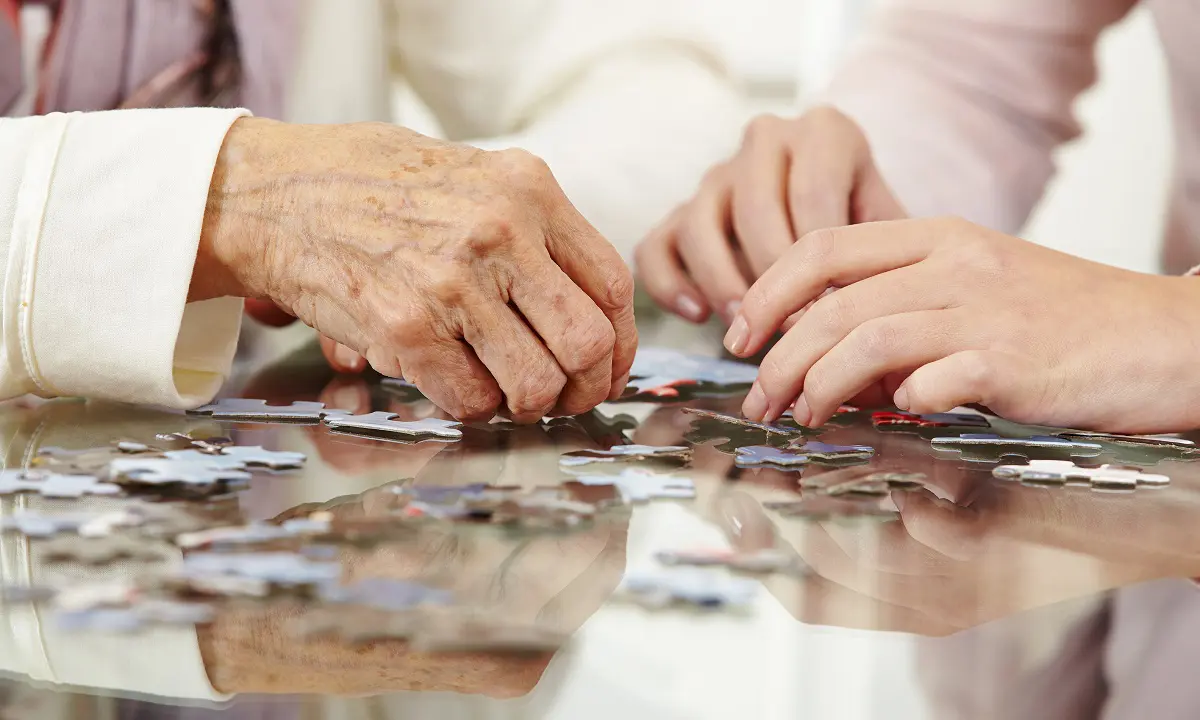Signs of Dementia: Recognizing Memory Loss and Its Indicators
Memory loss is a common sign of dementia, but it can also be caused by other factors such as alcohol abuse, high blood pressure, and emotional trauma. Learn about the early warning signs of dementia and how to test for memory loss with the SLUMS and MMSE tests.

Memory loss is one of the most noticeable and prevalent signs of dementia. However, it's crucial to differentiate it from other potential causes. Identifying dementia typically involves recognizing a constellation of symptoms rather than memory loss alone. If additional dementia symptoms are absent, alternative medical conditions should be explored, and their treatment may differ from dementia care.
Recognizing Early Signs of Dementia
Although other symptoms may take months or even years to manifest, memory loss often marks the initial stages of dementia. Unfortunately, many individuals attribute this memory decline to the natural aging process, preferring to believe it's a part of getting older rather than something more concerning. Here are some memory lapses that should raise concerns and may signify the onset of dementia:
- Repetition: It's normal for individuals to share stories repeatedly as they age due to a reduced range of new experiences. However, a clear sign of dementia is repeating the same story or phrase within a short conversation or over a brief period.
- Difficulty with Simple Tasks: Struggling to remember new, uncomplicated information like a change in transportation schedules or an online password is different from regular memory lapses. In dementia, individuals may have trouble performing familiar, routine tasks such as paying bills or cleaning up after a meal, suggesting damage to long-term memory stores.
- Loss of Direction: Many people, regardless of age, can become disoriented in unfamiliar settings or under specific conditions like fog. In contrast, dementia patients may struggle to recognize their surroundings, even in familiar places. They may have difficulty recalling landmarks to orient themselves.
Considering Other Causes of Memory Loss
If memory loss occurs without other associated symptoms, it may be attributed to different factors. Individuals might not disclose these factors to friends or family, and medical professionals need to consider them:
- Alcohol Abuse: Excessive alcohol consumption can lead to the production of toxins that harm brain cells, particularly in the hippocampus, where long-term memories are stored. This is why alcoholics often struggle to remember their actions after a drinking binge.
- High Blood Pressure: Hypertension can result in burst blood vessels in the brain, potentially causing strokes. These strokes may affect various brain areas, including those responsible for both motor skills and memory.
- Psychological Defense Mechanisms: The brain can employ defense mechanisms to protect against emotional trauma, leading people to "forget" painful memories. Physical trauma, such as head injuries, can also cause memory loss.
Each of these factors may not be widely understood, and affected individuals may be reluctant to discuss them. If you suspect memory loss in someone, don't hesitate to express your concerns. Early intervention could help delay the progression of dementia.
Memory Testing and Seeking Help
While some people may not perceive the need for memory testing, it becomes more critical as one ages to identify potential early warning signs. Clinical tests like the Saint Louis University Mental Status (SLUMS) or the Mini Mental Status MMSE can be administered by healthcare professionals to assess cognitive function.
At home, you can conduct simple memory exercises like recollecting the previous day's events or asking others to quiz you on long-term memories. Recording your progress is essential, as self-monitoring can be challenging.
It's essential to remember that, as individuals age, occasional forgetfulness about new information, names, or the whereabouts of objects is a natural part of the aging process. However, if you have concerns about dementia, don't hesitate to consult your healthcare provider. They can conduct clinical diagnostic tests and, if necessary, prescribe medication to manage symptoms and slow down the progression of the condition.
More on Understanding Behaviors
Find a book on Kindle on Dementia Behaviors
Understanding the Early stages of dementia on kindle
You might also like this article:











